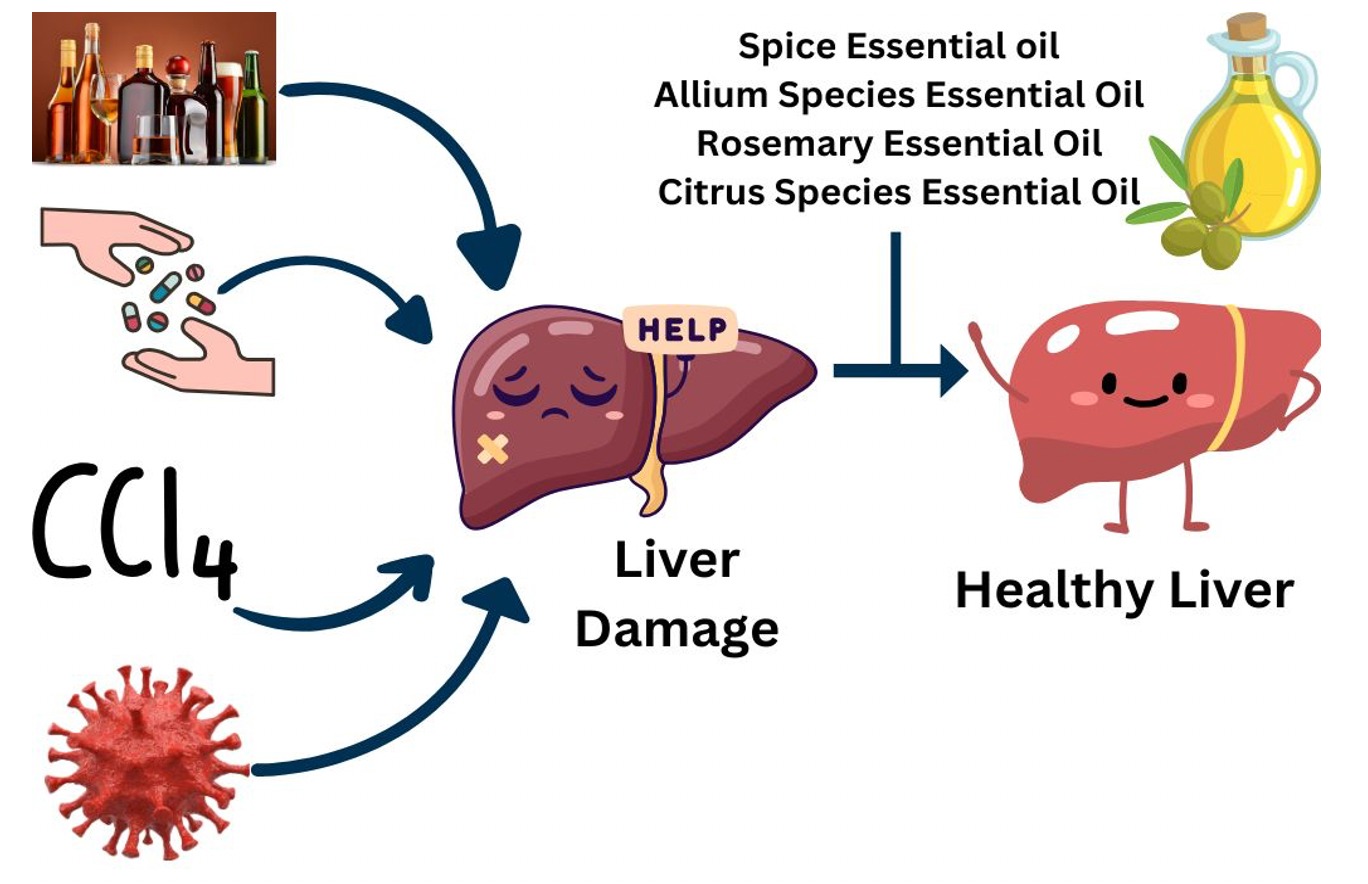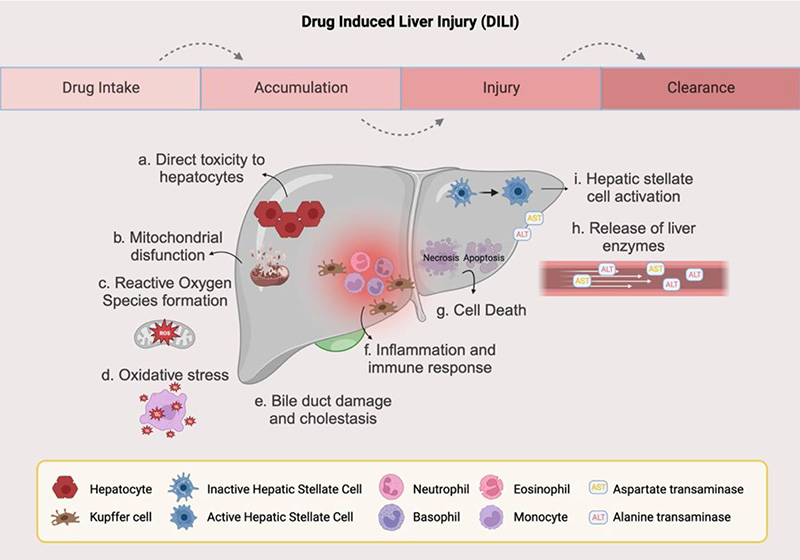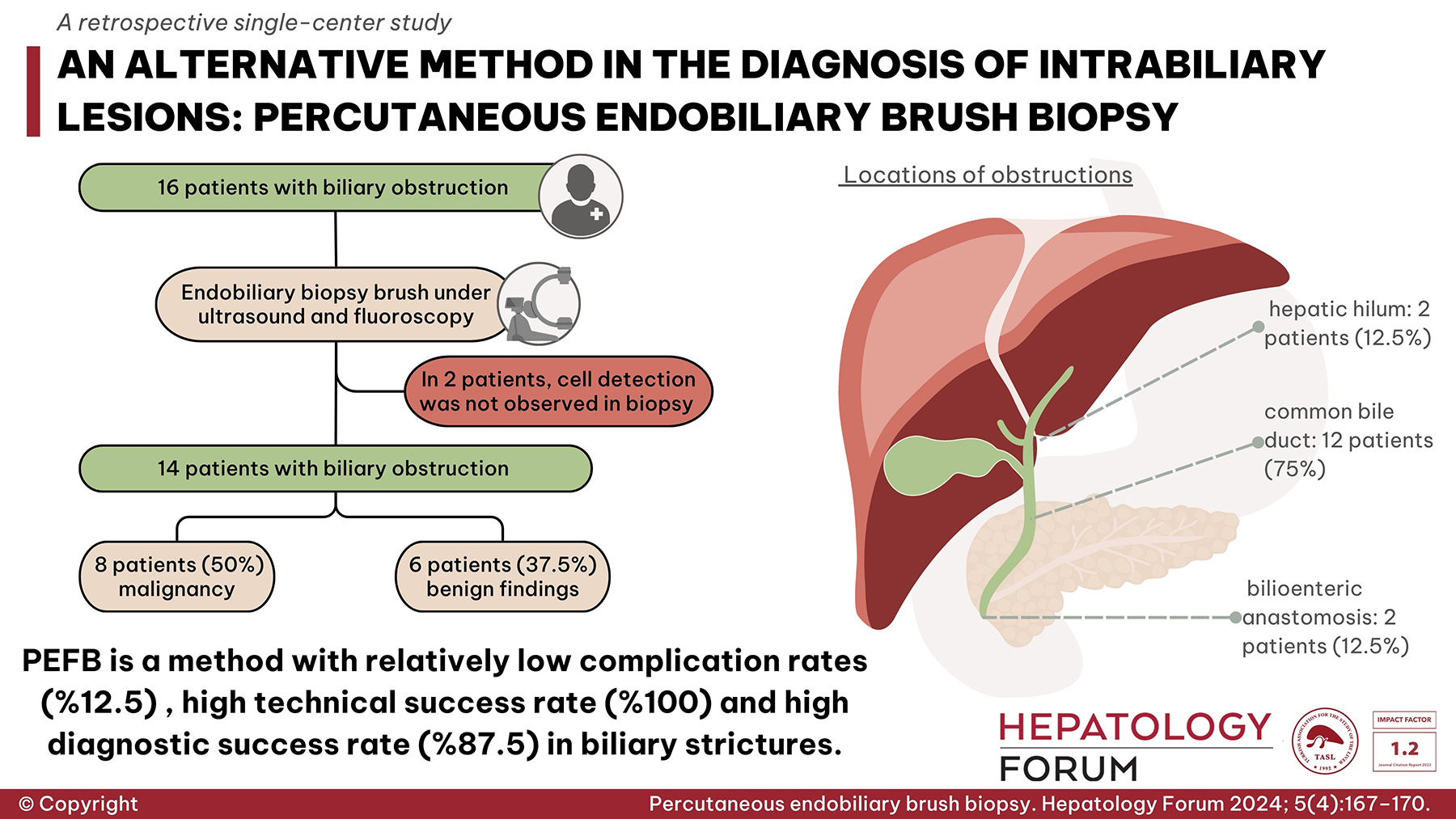2Department of Gastroenterology, Ankara University School of Medicine, Ankara, Turkiye
3Department of Gastroenterology, Ankara University School of Medicine, Ankara, Turkiye; Hepatology Institute, Ankara University School of Medicine, Ankara, Turkiye
Abstract
Background and Aim: The present study compared the long-term efficacy of weak and potent antiviral treatments in patients with hepatitis B virus (HBV)-related cirrhosis.
Material and Methods: A total of 120 patients with HBV-related cirrho-sis were enrolled. The primary outcome measure was viral suppression. A secondary outcome measure was to determine the development of decom-pensation or hepatocellular carcinoma (HCC).
Results: The virological response (VR) was significantly better in pa-tients treated with potent antiviral agents than in those treated with weaker antiviral agents over time (p<0.001). With intention-to-treat, the VR after 1 year, 2 years, 3 years, and 4 years of potent antiviral treatment was 69.7%, 77.0%, 82.2%, and 81.2%, respectively, while the VR with weak antiviral therapies was 50.0%, 41.6%, 37.5%, and 37.5%. HBeAg (Hepatitis B e-Antigen) loss was achieved in 30.4% of HBeAg-positive patients. None of the patients had experienced HBsAg loss while on antiviral treatment. New HCC developed in 10 patients. The cumulative probability of the development of HCC was 2.6% at 1 year, 6.8% at 2 years, and 8.7% at 3 and 5 years of antiviral therapy. MELD scores among patients treated with potent antiviral treatment significantly im-proved from baseline to week 60 (p=0.006). Antiviral therapies were well tolerated.
Conclusion: Potent antiviral treatment effectively maintained VR in the long-term follow-up of patients with HBV-related cirrhosis. HCC may still develop, albeit at a lower rate in these patients.





 Guner Kilic1
Guner Kilic1 









